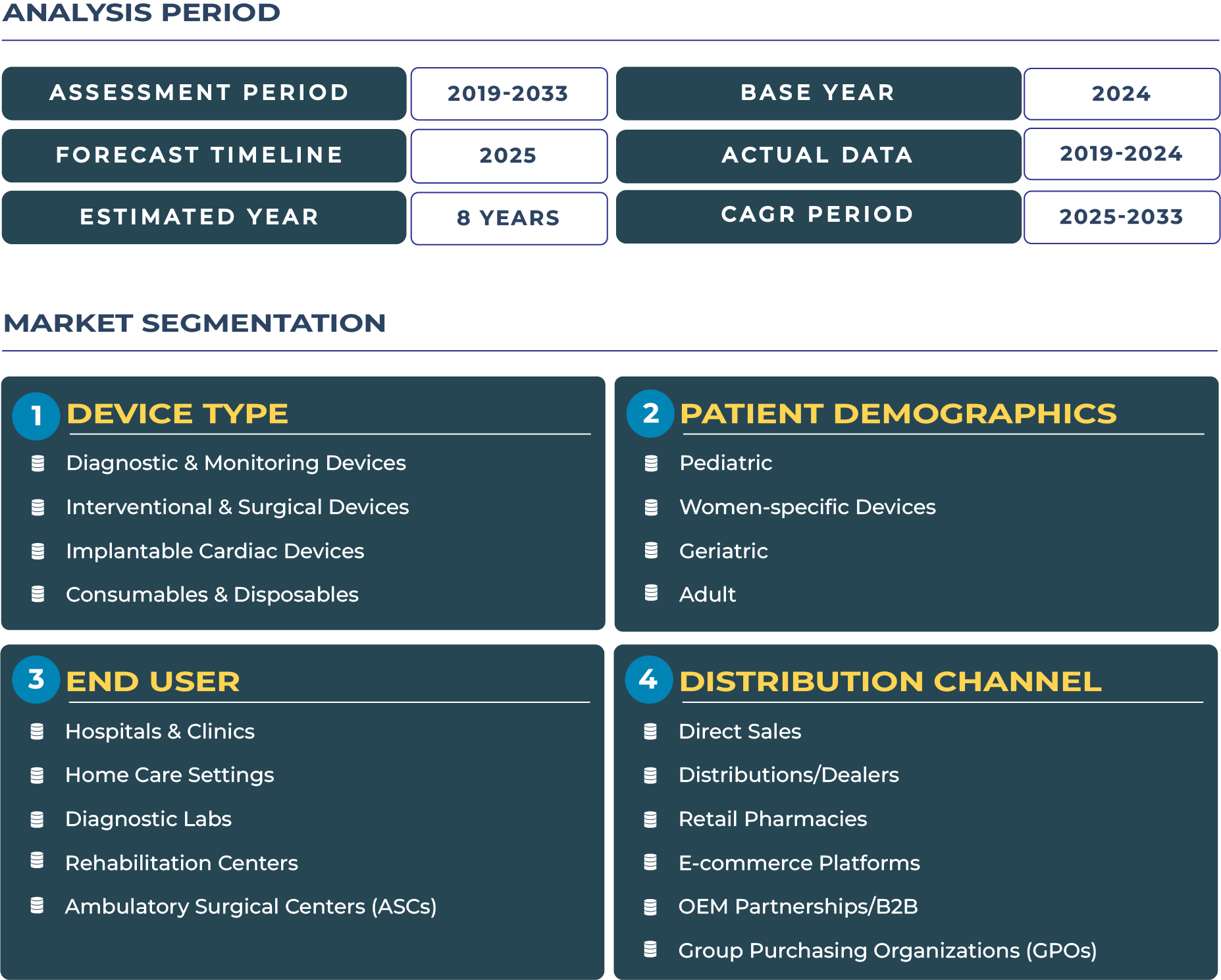UK Cardiovascular Devices Market Outlook: NHS Procurement Models Driving Precision Cardiac Innovation in the UK
The UK cardiovascular devices market is evolving as a precision-driven ecosystem where NHS reforms, academic excellence, and technology adoption converge. The NHS’s centralized procurement system ensures equitable access to cardiovascular devices, while its digital transformation agenda accelerates adoption of remote monitoring, diagnostic platforms, and implantable solutions. With its strong clinical research base and internationally recognized universities, the UK has become a hub for developing and validating advanced interventional and surgical devices. Furthermore, London, Manchester, and Cambridge remain focal points for start-ups and collaborations, bringing together academia, hospitals, and global manufacturers to co-develop future-ready cardiovascular technologies.
According to DataCube Research, the UK Cardiovascular Devices Market is projected to reach USD 1.94 billion in 2025 and expand to USD 2.74 billion by 2033, reflecting a CAGR of 4.4% from 2025 to 2033. This growth trajectory is supported by a rising incidence of cardiovascular diseases, the NHS’s emphasis on cost-effective innovation, and expanding private-sector collaborations. While challenges such as budget constraints and Brexit-related regulatory hurdles persist, the sector remains positioned for long-term resilience by integrating evidence-based adoption and value-driven procurement.
Drivers & Restraints: Examining Catalysts and Constraints Shaping the UK Cardiovascular Devices Ecosystem
NHS digital transformation and academic excellence catalyzing adoption
The UK cardiovascular devices industry benefits from systemic support through NHS digital transformation programs. Initiatives such as the expansion of digital-first pathways enable integration of diagnostic wearables, remote cardiac monitors, and AI-driven triage systems. Universities including Oxford and Imperial College London contribute to device validation and advanced trials, strengthening the translational research pipeline. Meanwhile, the UK’s growing medtech start-up ecosystem, backed by government tax incentives and venture capital, plays a pivotal role in developing next-generation implantable cardiac devices and minimally invasive surgical solutions. This dynamic interaction between policy, academia, and innovation strengthens the cardiovascular devices sector’s ability to deliver high-value care.
Budgetary pressures and Brexit trade complexities hindering seamless growth
Despite its strengths, the UK cardiovascular devices market faces systemic challenges. NHS budget constraints, particularly post-pandemic, create pressures on procurement timelines and device upgrades. Brexit has introduced complexities in regulatory alignment, requiring companies to comply with the UKCA marking system in addition to EU MDR standards. This dual compliance raises operational costs and slows device launches. Moreover, clinician shortages across cardiology departments intensify adoption challenges, as the availability of trained staff directly affects the deployment of advanced surgical and monitoring devices. These issues, compounded by inflationary pressures, place strain on both hospitals and manufacturers striving to balance affordability with innovation.
Trends & Opportunities: Navigating Future Pathways for Cardiovascular Devices in the UK
Wearables integration and hospital digitization leading cardiac care modernization
The UK cardiovascular devices landscape is increasingly shaped by integration of wearable technologies with hospital electronic health records. Smartwatches, connected ECG monitors, and remote diagnostic platforms are being widely adopted in urban healthcare networks such as London and Birmingham. Hospitals are digitizing cardiology workflows to allow real-time monitoring of implantable devices, while robotic-assisted cardiac interventions are gaining traction in advanced clinical centers. This modernization reflects the UK’s push towards personalized care pathways where data-driven insights drive preventive and precision cardiology.
Opportunities in partnerships, medical tourism, and AI-powered cardiac solutions
Significant opportunities lie in strengthening public-private partnerships that leverage NHS networks for pilot programs and scale-up of new cardiovascular technologies. Medical tourism, particularly in cities like London, is creating demand for advanced interventional and implantable cardiac devices. Additionally, AI-enabled solutions for risk stratification, triage, and post-operative monitoring are emerging as critical tools in UK hospitals. Companies that position themselves within these opportunity zones, while aligning with NHS cost-effectiveness frameworks, can secure long-term competitive advantage in the cardiovascular devices ecosystem.
Competitive Landscape: Strategic Collaborations with NHS Driving Market Leadership
The competitive environment of the UK cardiovascular devices sector is shaped by strategic collaborations with the NHS, academic institutions, and digital health innovators. Leading players such as Abbott UK, Medtronic, and Philips are actively embedding their innovations into NHS pilot programs. For instance, the NHS piloted AI-based cardiac triage models in 2023 to improve early diagnosis, while Abbott expanded pacemaker services in the UK in 2022. Medtronic partnered with NHS Digital in 2022 to scale remote cardiac monitoring solutions. These initiatives illustrate the market’s emphasis on evidence-based adoption, where clinical validation and real-world outcomes drive procurement decisions. By leveraging NHS partnerships, R&D tax credits, and academic-industry collaborations, cardiovascular device manufacturers are positioning themselves at the forefront of precision-driven healthcare in the UK.







